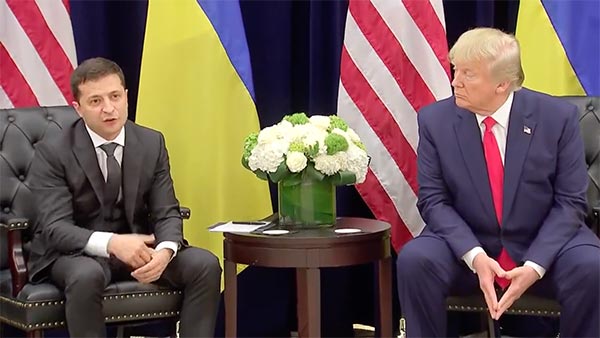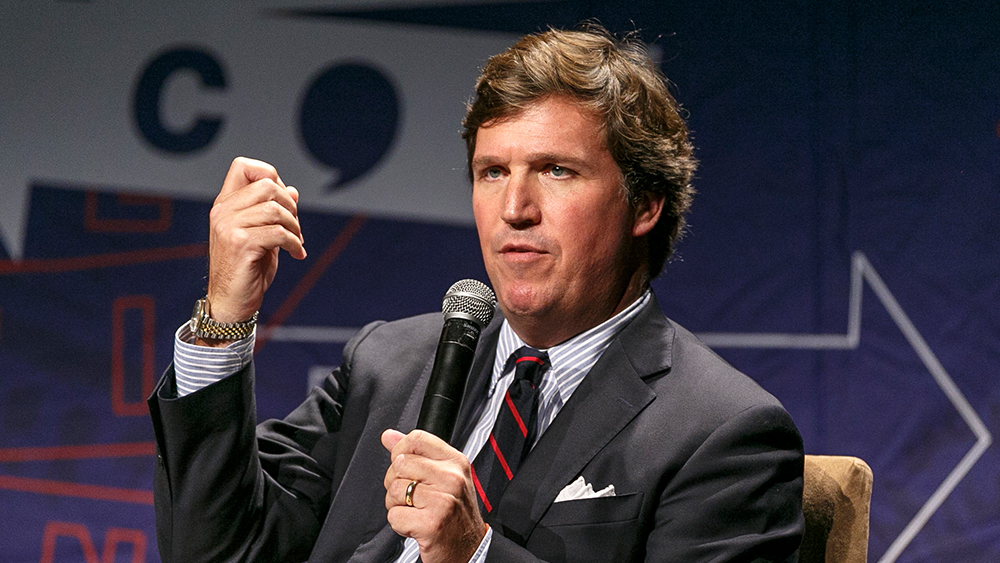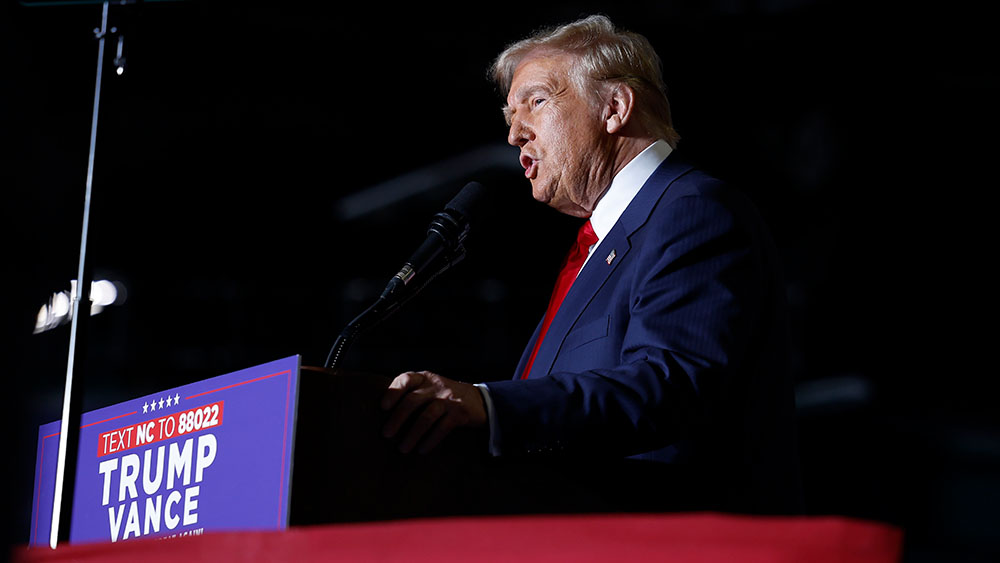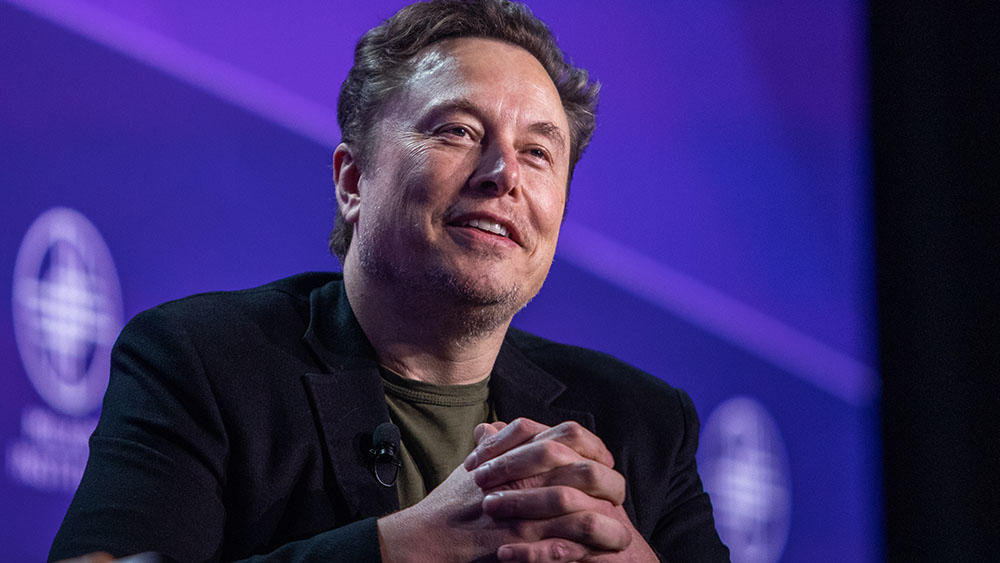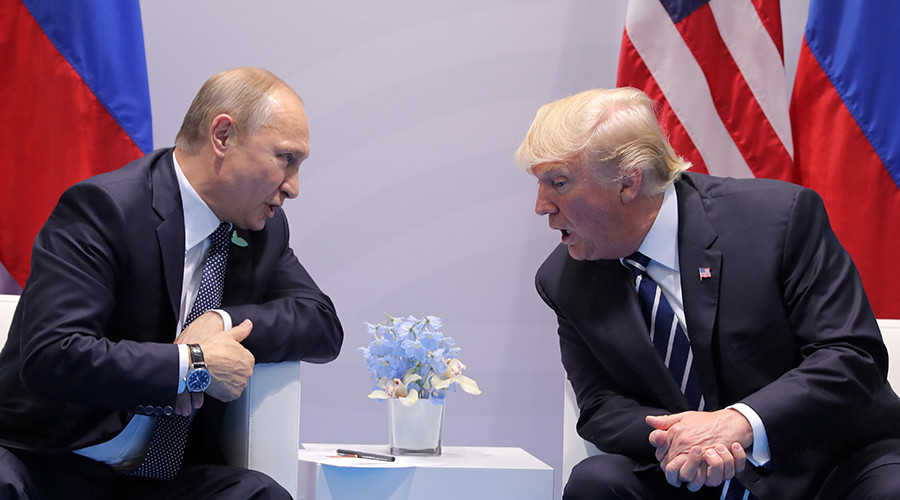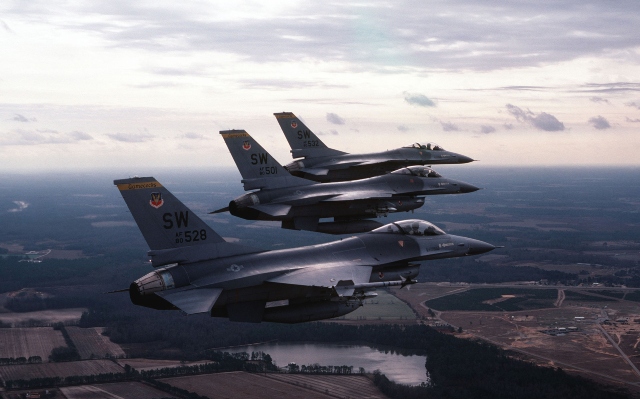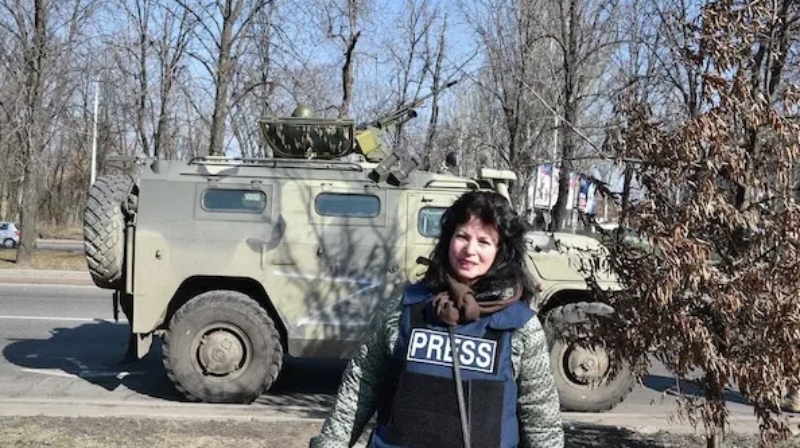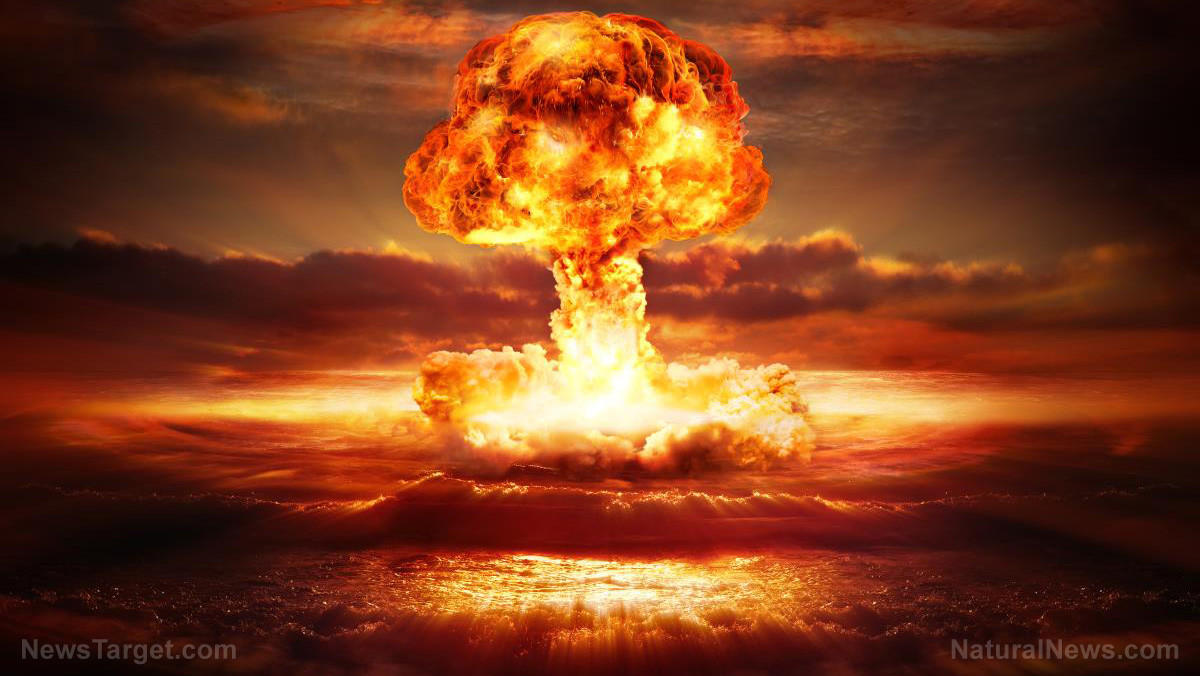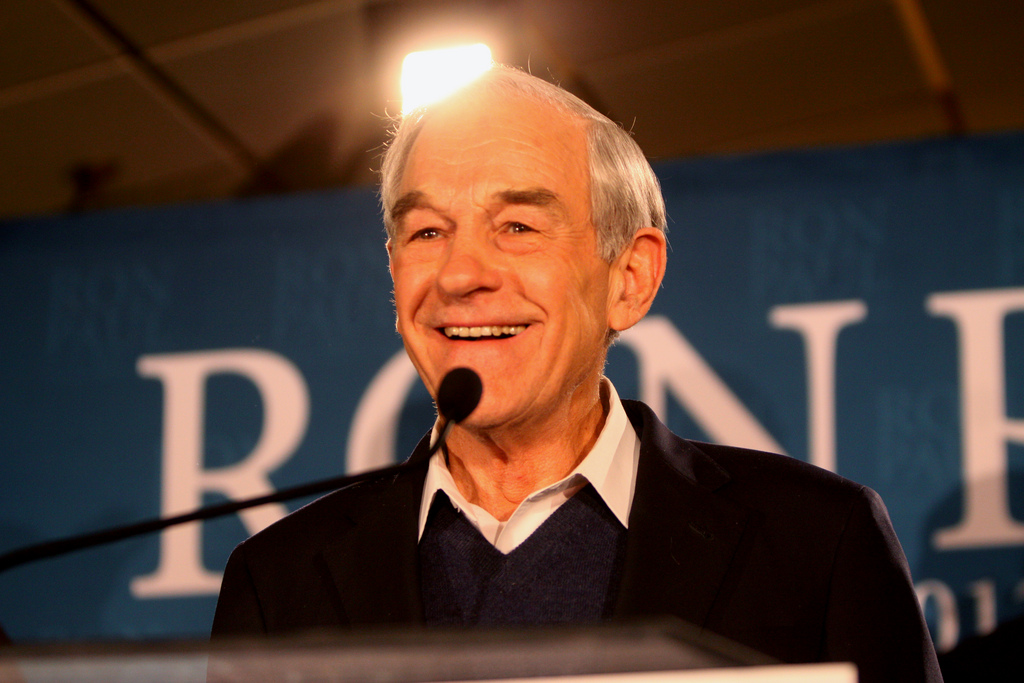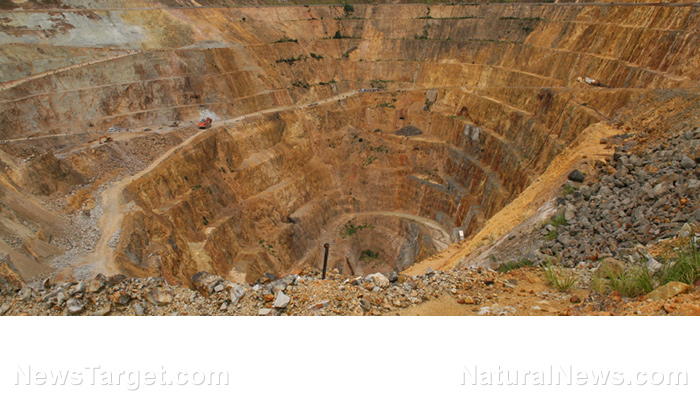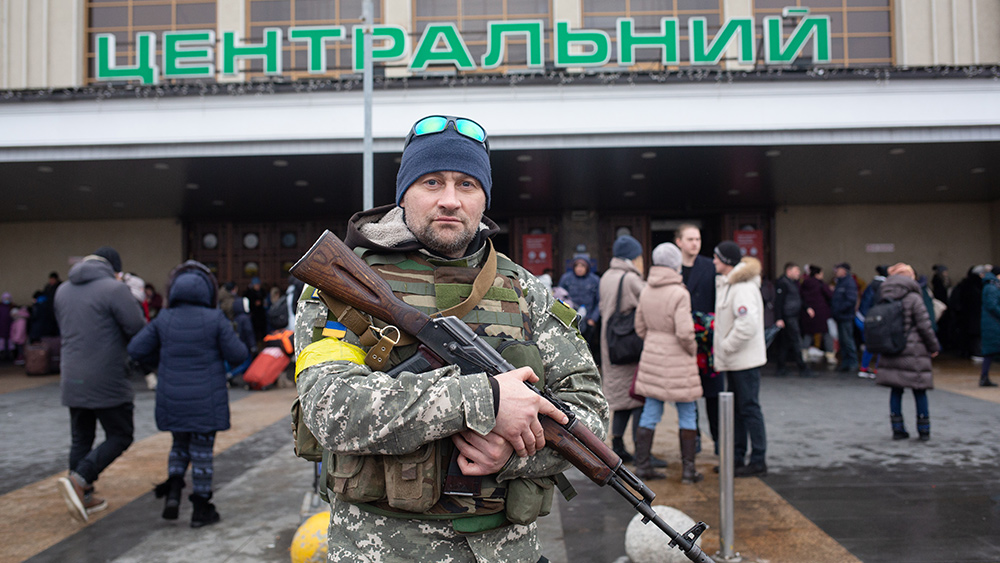THE PRICE OF PEACE: Klitschko warns of chaos as Ukraine conflict nears end
02/13/2025 / By Willow Tohi

- Kyiv Mayor Vitali Klitschko issued a warning that the end of the Russia-Ukraine war might bring internal strife rather than relief.
- Klitschko expressed fears that any peace deal would be “very painful for every Ukrainian” and could lead to social unrest due to the demobilization of the armed forces and contentious elections.
- Klitschko referenced historical examples of internal conflict following prolonged wars, emphasizing the need for caution and unity in Ukraine.
- Despite the grim outlook, Klitschko called for the Ukrainian people and authorities to unite to navigate the upcoming challenges and rebuild the nation.
As the war between Russia and Ukraine enters its third year, Kyiv Mayor Vitali Klitschko has issued a stark warning: the end of hostilities may bring not relief, but a new wave of internal strife. Speaking at the “Democratic Resilience of Ukraine in the Period of War and Reconstruction” forum on February 11, 2025, Klitschko predicted that the conflict could conclude within “a month or two,” but cautioned that the terms of any peace deal would likely be “very painful for every Ukrainian.”
Klitschko’s remarks underscore the precarious balance between ending the bloodshed and preserving Ukraine’s fragile social and political cohesion. His concerns echo broader anxieties about the nation’s future, as the prospect of peace raises as many questions as it answers.
A painful compromise on the horizon
The mayor’s prediction aligns with recent diplomatic efforts led by U.S. President Donald Trump, who has repeatedly vowed to broker a swift resolution to the conflict. While details of Trump’s peace plan remain undisclosed, reports suggest it involves freezing the conflict along the current front lines, establishing a demilitarized zone patrolled by European forces, and suspending Ukraine’s bid to join NATO.
Russia, for its part, has expressed openness to negotiations but insists on addressing the root causes of the conflict rather than merely freezing it. Moscow has also questioned the legitimacy of Ukrainian President Vladimir Zelensky, whose term officially expired in May 2024. Russian President Vladimir Putin has stated that Ukraine’s parliament is the only legitimate governing body, further complicating the prospects for a stable peace.
Klitschko, however, is less concerned with the terms of the deal than with its aftermath. “The so-called compromise could turn out to be very painful for every Ukrainian,” he said. “I am sure that it would be difficult to call it a positive result.”
The specter of civil strife
Klitschko’s gravest warning centers on the potential for internal conflict once the war ends. He fears that the demobilization of Ukraine’s wartime army—a force that has become a symbol of national unity—could lead to social unrest. “Around a third of the current armed forces personnel would have to be discharged and reintegrated into civilian life,” he noted, adding that this transition could prove destabilizing.
The mayor also warned that the end of hostilities would likely trigger a contentious election cycle, which could spiral into violence. “I am very much afraid that it could lead to riots or worse—to an internal standoff and a civil strife,” he said.
Klitschko’s concerns are not unfounded. History is replete with examples of nations descending into chaos after prolonged conflicts. The aftermath of World War I, for instance, saw widespread political instability across Europe, including revolutions, civil wars and the rise of authoritarian regimes. Similarly, the end of the Yugoslav Wars in the 1990s was followed by years of political and economic turmoil in the Balkans.
Ukraine’s own history offers cautionary tales. The 2014 Maidan Revolution, which Klitschko helped lead, toppled a government but also plunged the country into a protracted conflict with Russia and internal divisions that persist to this day.
Elections: A tinderbox waiting to ignite
Klitschko’s warnings about the electoral process are particularly striking. He noted that “political electoral processes have already begun,” with campaign billboards appearing in Kyiv despite the ongoing war. The mayor fears that the elections, which he described as a “life-and-death struggle,” could exacerbate existing tensions.
“Pre-election issues are now beginning, elections in which I fear a life-and-death struggle,” he said. “And the so-called compromise could be perceived very painfully in society—I don’t know what it’s about, but if something happens, each of us will be hurt.”
President Zelensky has previously argued that holding elections during wartime would undermine Ukraine’s military efforts, claiming that the narrative of elections is being pushed by Moscow. However, Klitschko’s remarks suggest that the issue is more complex, with domestic political rivalries posing a significant threat to stability.
A call for unity in uncertain times
Despite his grim predictions, Klitschko struck a note of cautious optimism, urging Ukrainians to unite in the face of impending challenges. “Given the depressive mood of society, we must come together,” he said. “Active civil society and all authorities must unite to navigate this difficult period.”
Klitschko’s call for unity is a reminder that the end of the war, while a necessary step, is only the beginning of a long and arduous journey toward rebuilding Ukraine. The nation’s ability to weather the coming storms will depend not only on the terms of any peace deal but also on the resilience of its people and institutions.
As the world watches and waits, one thing is clear: The road to peace is fraught with peril, and the price of ending this conflict may be higher than anyone anticipated.
Sources include:
Submit a correction >>
Tagged Under:
big government, chaos, elections, Kyiv, NationalSecurity, peace, rigged, Russia, Ukraine, Vitali Klitschko, WWIII
This article may contain statements that reflect the opinion of the author
RECENT NEWS & ARTICLES
COPYRIGHT © 2022 UkraineWitness.com
All content posted on this site is protected under Free Speech. UkraineWitness.com is not responsible for content written by contributing authors. The information on this site is provided for educational and entertainment purposes only. It is not intended as a substitute for professional advice of any kind. UkraineWitness.com assumes no responsibility for the use or misuse of this material. All trademarks, registered trademarks and service marks mentioned on this site are the property of their respective owners.

